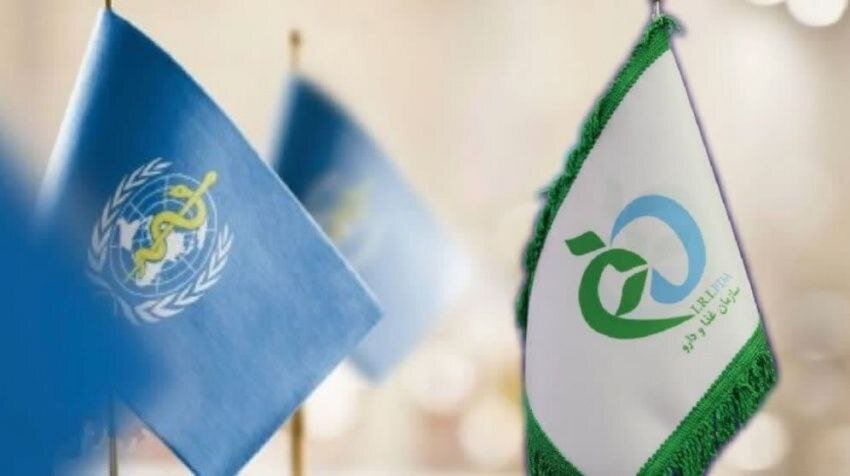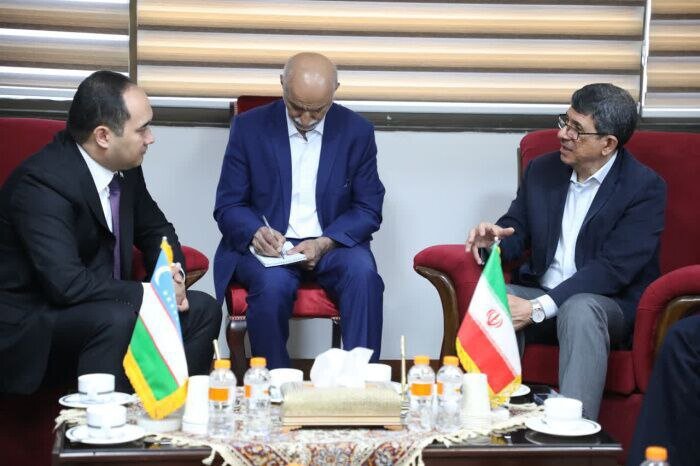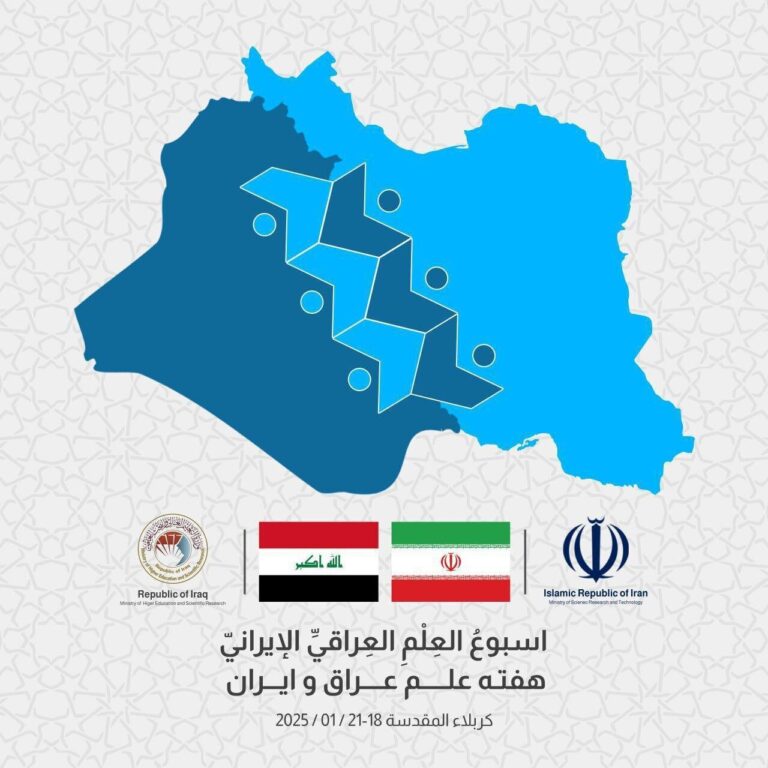WHO Representatives Join FDA Meetings to Enhance Regulatory Framework for Biological Drugs and Blood Products
In recent discussions aimed at enhancing pharmaceutical standards, Adham Rashad Ismail Abdel Moneim and Rogério Gaspar from the World Health Organization (WHO) engaged in crucial technical meetings hosted by the Iran Food and Drug Administration (FDA). These meetings, which took place from April 7 to April 9, focused on advancing regulatory processes for the approval of biological drugs and blood products.
According to Hamidreza Inanlou, a representative from the FDA, the collaboration between WHO and the Iranian FDA is pivotal in refining regulatory frameworks, updating medical standards, and streamlining international protocols in healthcare.
During the meetings, Mehdi Pirsalehi, the FDA director, emphasized Iran’s significant progress in the fields of medicine, vaccines, medical equipment, biological products, and various health-related goods. He stated:
“The WHO Global Benchmark Tool (GBT) framework, which is used for evaluating the capacity of a national regulatory system, has been implemented in the country and Iran is now on track to achieve regulatory maturity levels (ML)2 and subsequently 3.”
Pirsalehi also noted that the ultimate aim is for Iran to be recognized among the WHO-listed authorities (WLA). He explained that the GBT and WLA frameworks provide a dependable roadmap for enhancing quality, safety, and efficacy in regulatory practices.
Furthermore, Pirsalehi highlighted the significance of the WHO Prequalification (PQ) program, which ensures that essential health products adhere to rigorous global standards for quality, safety, and efficacy. He expressed Iran’s readiness to explore participation in these essential programs, particularly concerning medical equipment and biological products. This partnership could enhance the global credibility of Iranian products while facilitating wider access to health technologies.
Pirsalehi proposed establishing a joint working group between Iran and WHO to create a roadmap aimed at achieving ML3. He also announced Iran’s willingness to host training programs and foster regional collaboration under WHO’s guidance.
Self-Sufficiency in Medicine and Medical Equipment: A National Priority
In January, Health Minister Mohammad-Reza Zafarqandi reaffirmed the government’s commitment to self-sufficiency in the production of medicine and medical equipment as a top priority. He stated:
“Medicine and medical equipment are two important areas related to people’s health. We are trying to reach self-sufficiency for the supply of medicine and medical equipment.”
On January 13, the head of Iran’s Union of Medical Equipment Manufacturers and Exporters revealed that medical equipment worth approximately $20 million is exported to over 60 countries every year. He also stated that:
- More than 70% of medical equipment is produced domestically.
- 100% of standard hospital beds are manufactured within the country.
- Over 95% of specialized ICU and CCU beds are locally produced.
- More than 85% of operating room medical devices, including anesthesia machines, utilize advanced technology made in Iran.
Abdolreza Yaqoubzadeh, the union head, further elaborated that the country’s annual requirement for medical equipment production is estimated at three to four billion dollars, with approximately one billion dollars worth of equipment being imported. He noted that:
- About 600 medical equipment companies operate in Iran, producing around 99% of the medicine supplied to the domestic market.
The collaborative efforts between the Iranian FDA and WHO, along with the focus on self-sufficiency, are expected to not only bolster Iran’s healthcare infrastructure but also enhance its position in the global medical landscape. As these initiatives unfold, the potential for improved health outcomes and economic growth in the medical sector appears promising.
Overall, the recent WHO meetings and ongoing commitment to self-reliance in medical production highlight a pivotal moment for Iran’s healthcare system, paving the way for enhanced quality standards and international collaboration.






